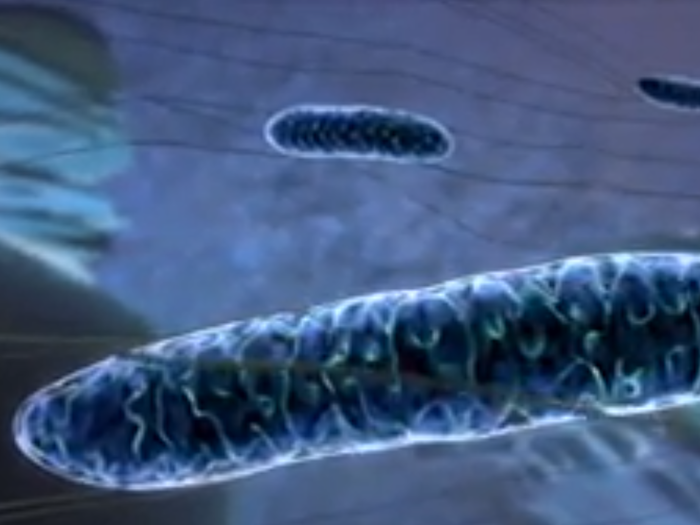






![I think we're looking at the 1st generation of rejuvenation biotechnology," Grey says. "[In other words], technology we can give to middle-age people and fix them up well enough that they won’t feel like they’re 60 or 70 again until 30 years later. I think we're looking at the 1st generation of rejuvenation biotechnology," Grey says. "[In other words], technology we can give to middle-age people and fix them up well enough that they won’t feel like they’re 60 or 70 again until 30 years later.](/thumb/msid-60085318,width-700,height-525/60085318.jpg)









![Mankind will expand throughout this planet and engulf the universe," Tipler says of the Omega Point. "Their knowledge and their power and computer capacity is increasing without limit. Laws of physics can convert matter into pure energy. Our decedents will use and gain control of [that energy]." His theory is a mix of religion and science, the end result being that humans will have "omnipotence. Mankind will expand throughout this planet and engulf the universe," Tipler says of the Omega Point. "Their knowledge and their power and computer capacity is increasing without limit. Laws of physics can convert matter into pure energy. Our decedents will use and gain control of [that energy]." His theory is a mix of religion and science, the end result being that humans will have "omnipotence.](/thumb/msid-60085318,width-700,height-525/60085318.jpg)




 10 Ultimate road trip routes in India for 2024
10 Ultimate road trip routes in India for 2024
 Global stocks rally even as Sensex, Nifty fall sharply on Friday
Global stocks rally even as Sensex, Nifty fall sharply on Friday
 In second consecutive week of decline, forex kitty drops $2.28 bn to $640.33 bn
In second consecutive week of decline, forex kitty drops $2.28 bn to $640.33 bn

Copyright © 2024. Times Internet Limited. All rights reserved.For reprint rights. Times Syndication Service.